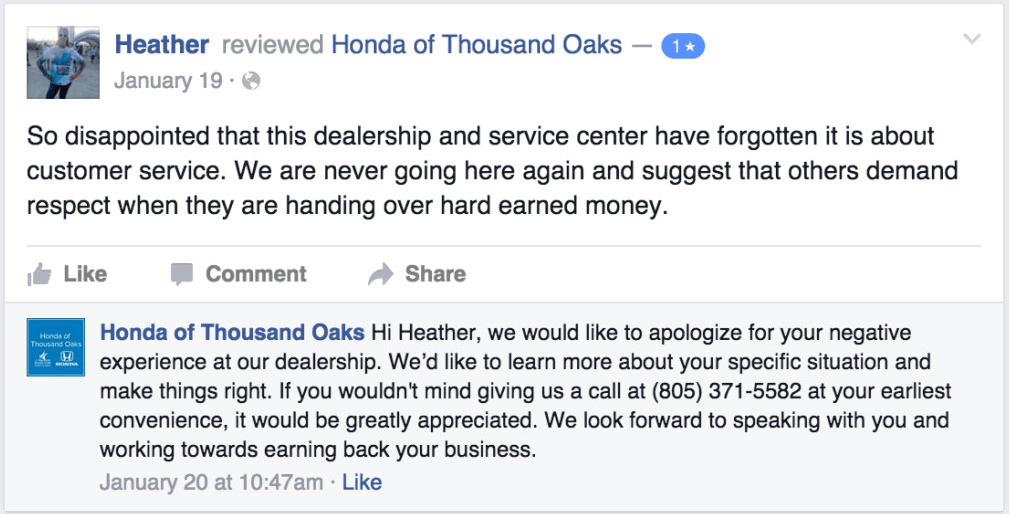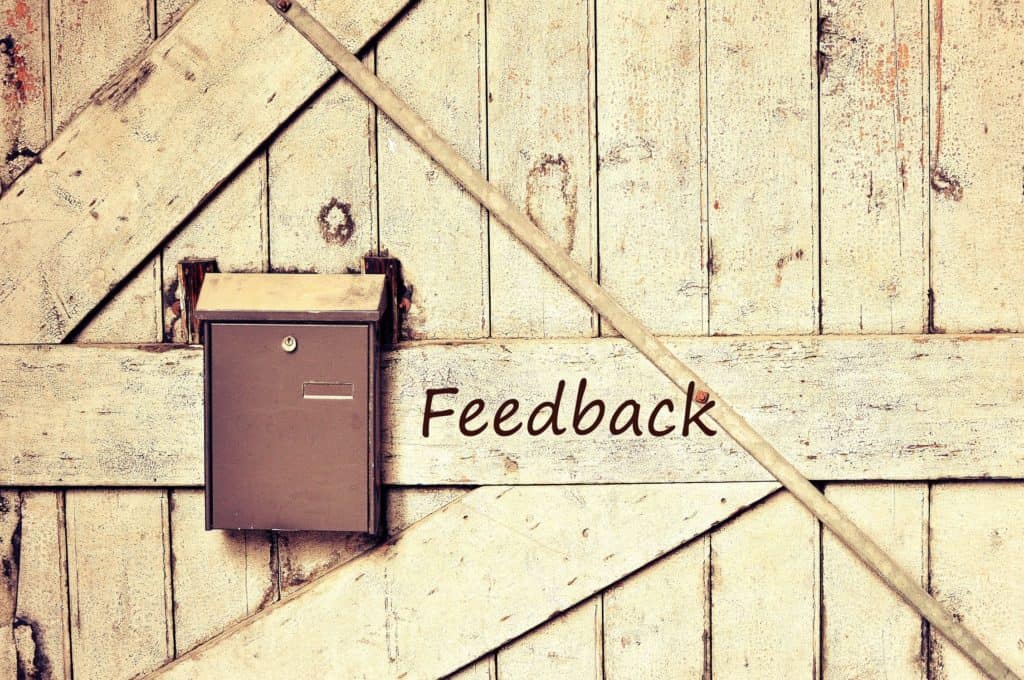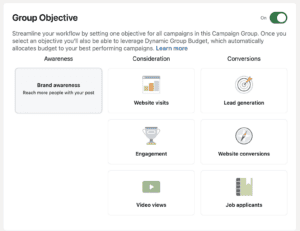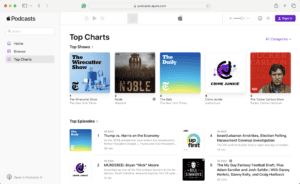Here’s a hard truth: Not everyone will like your podcast. In fact, some people might strongly dislike it. If you hope to be successful, you must know how to deal with bad reviews.
Bad reviews aren’t the end of the world, but they can affect the growth of your audience. Listeners often browse reviews before they invest time in a podcast. If they see a bunch of negative reviews about yours, they may choose to give their time to another podcast.
If you want to know how to deal with bad reviews, follow these steps.
Don’t Take Them Personally
Undoubtedly, your first reaction to a bad review is disappointment and anger.
Bad reviews hurt. They make you question whether you’re any good and if the podcast is worth your time. They may even make you feel like a failure, or make you fear you’ll never find success.
But bad reviews are a fact of life for all content creators. As your podcast grows, you’ll surely see more of them. When it comes to dealing with negative reviews, the first thing you should do is remind yourself not to take them personally.
If you’re troubled by bad reviews, here are some points that might cheer you up:
1. Your Podcast Might Not be Right for That Listener
Your show isn’t for everyone. In fact, it’s probably not right for most people. Negative reviews often come after someone discovers that your podcast isn’t right for them. That’s no one’s fault.
2. Bad Reviews are Actually Gifts
According to Lee Resource, for every one person who complains, 26 unhappy customer remain silent. So when someone complains, you can use their feedback to make a lot more people happy.
3. Bad Reviews are an Opportunity to Recover a Listener
When someone leaves a bad review, you have a chance to recover from the mistake and turn that person into a strong advocate for your show. This is called the service recovery paradox.
For example, if someone complains because you’re sponsorship messages are too long (have to monetize that podcast, right?), you can engage with the listener, hear their complaint, and shorten your sponsorship messages. This would create a positive experience for your listener that might turn them into a devoted fan.
4. The Reviewer Could Just be a Troll
While you shouldn’t dismiss bad reviews just because you don’t like them, there’s a very real possibility that the reviewer is just trying to be cruel because it makes them laugh. It certainly wouldn’t be the first time someone on the web behaved hurtfully because they found it funny.
How do you know if someone is trolling? If they don’t give specific feedback, make personal attacks on people, use excessive profanity, or refuse to accept your replies or solutions, they’re probably just a jerk.
5. Bad Reviews Make Good Reviews Authentic
Imagine if you browsed a podcast’s reviews and saw hundreds of 5-stars, but no bad reviews. Seems fishy, right? You’d probably assume they purchased reviews or somehow manipulated the system.
For this reason, a few bad reviews sprinkled in actually makes your good ones seem more real. There’s even research from the University of Pennsylvania that shows that negative buzz helps brands.
Those tips should help you state of mind. But how to deal with bad reviews if you want to do something?
Own the Review
If you want to know how to deal with bad reviews with grace and style, take a lesson from KFC.
When a change in their supply chain disrupted deliveries, KFCs (the fast food fried chicken brand) in the United Kingdom were forced to close due to lack of product. Public outcry was… abundant.
Instead of ignoring their bad reviews or trying to stifle criticism, KFC not only owned their mistake, they used it as part of their marketing with a tongue-in-cheek apology ad campaign that promised to do better next time. Customers quickly forgave KFC and the company’s sales and stock price immediately recovered.

You might be tempted to keep your listeners from discovering your bad review, but consider being transparent.
In your next episode, open with the reviewer’s criticisms and your comments. Take them seriously and respond thoughtfully. If you think any are valid, vow to do better for your listeners. Follow up with a post in your Facebook community for their feedback. They’ll appreciate your honesty and concern for their experience.
Respond if Possible
The reviewer left their comment on a platform where you can reply, respond after some time has passed. Make sure you’re in a calm, collected emotional state.
First, empathize with their complaint. If they say “I wish his analysis went deeper,” respond with something like “I understand it’s frustrating to not get the information you’re after.” That lets the reviewer know you understand and care about their problem.
Addresses the reviewer’s facts, not their emotions. Be polite, human, and non-argumentative.
For instance, if they claim you publish inconsistently, point out – with data – why that’s not true. If they make general complaints like “It’s boring” or “I didn’t learn anything,” ask how you can do better.
Whatever you do, don’t resort to personal attacks or insults. That will affect your entire brand.
“But how do you deal with bad reviews if the reviewer doesn’t seem to care about your response?” you might be wondering. Honestly, not much. There’s little chance you’ll change the reviewer’s mind anyway.
But you can influence other people who read the review by giving them both sides of the argument. You can also get some feedback to learn how to be a better podcast host.
In rare cases, responding to a review means having it removed. The review doesn’t serve anyone and should be deleted. the review is unnecessarily profane, unrelated to your podcast, or contains personal information.
If the review is on your site, remove it manually. If it’s on iTunes, Spotify, Google Play Music, or some other platform, request it be removed. Asking your listeners to report inappropriate reviews sometimes helps.
You can request other people remove bad reviews on other people’s websites (perhaps someone wrote a blog article about you), but that rarely works.
Apologize Where Appropriate
Perhaps you said something offensive. Perhaps you misrepresented a fact or statistic. Or perhaps you accused someone of something they never committed. It’s human to make mistakes, but some listeners may get upset and you’ll have to apologize.
Apologizing is surprisingly effective. 33% of negative reviews turn positive if you take the time to respond and apologize to an upset reviewer.
Fortunately, apologizing online is a lot easier than doing it in person. Empathize with the reviewer and explain that you regret your error. If you think your mistake was really egregious, make the apology on your next episode.
This car dealership response shows us how to deal with bad reviews well by apologizing. Notice how they…
- Explicitly apologize
- Ask to learn more about their situation
- Offer contact information so the reviewer has an avenue toward remedy

If you need to apologize, follow the same templates as that car dealership.
That said, be careful when and how often you apologize. If you don’t believe you owe the listener an apology, don’t give one.
Learn from the Review
Even the most hurtful feedback can make your show better. You just have to dig it out.
Read the review with an open mind. Does it have merit? Is there anything you can learn about your podcast from the review? Does the reviewer make any criticisms that would actually make your show better?
If you can answer yes to any of those questions, adopting their recommendations could be key to stopping bad reviews in the future.
If the reviewer isn’t clear, you may want to shop their criticism around to some people who give you honest advice. For instance, if a bad review complain that your show is “too long,” ask trusted people if they think it’s long, why, and where you could shorten it. In cases like this, bad reviews may not give you all the information you need, but they can send you down the right path.
Drown Out the Bad Reviews
This last piece of advice regarding how to deal with bad reviews is the most important. It’s the most impactful step you can take.
If you’ve done everything you can to respond to the bad review but the reviewer won’t change or delete it, your last step is to drown it out with more good ones.
How do you get more reviews?
First, make your podcast better. Use the feedback from the bad review to fix the underlying issue (if there is one). It could be as simple as fixing your structure or asking better questions. Solicit your listeners for feedback and find ways to improve.
You can’t please everyone, but there are probably a few ways to better please your audience.
Second, ask for reviews. A lot of podcasters fail to do this. They expect reviews to materialize on their own. But if you don’t ask people for reviews, you won’t get many. This is why apps and software tools constantly prompt you for a review or rating.
Remind your listeners to review your podcast at the end of each episode. Pin a link to review it at the top of your Facebook or Twitter page. If you post your episodes to your website with notes, include a link there as well.
How to Deal with Bad Reviews: Final Thoughts
As you grow your podcast, it’s important to accept that bad reviews are inevitable. You can’t create the perfect experience for every listener. You’ll make mistakes, but you’ll get better over time, especially if you don’t beat yourself up. So if you want to know how to deal with bad reviews, the best piece of advice we can give is to use them to create a stronger podcast.
Denis Waitley, writer of The Winner’s Edge, says it well: “Failure should be our teacher, not our undertaker.”



